Many people might think there’s only one use for coffee beans, to make coffee. While it is evident why they would think so, there’s more to using coffee beans. Whether the freshly acquired bean or the used and old ones, this article will provide a better insight into their possible uses. Coffee beans aren’t just a precursor to making your favourite revitalising energy boost beverages. They could serve purposes to your plants, environment and lifestyle.
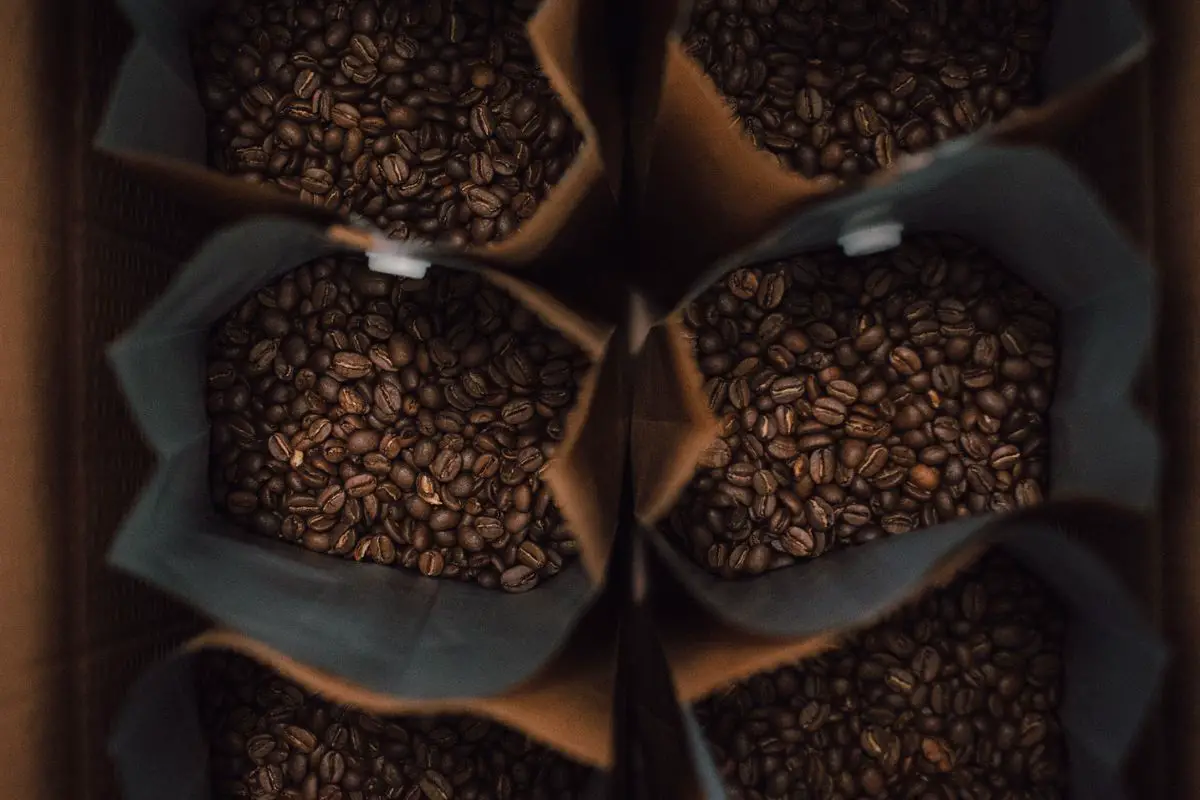
How to Identify Good Quality Coffee Beans
Identifying good quality coffee beans is essential. You get the very best features they have to offer without compromises. Here are some factors to check for when purchasing high-quality coffee beans.
-
Coffee Bean Type
There are four types of coffee beans. Robusta, Excelsa, Arabica and Liberica. Of these four, two are mainly known globally. Most of the world’s coffee is the Arabica variety which is also of the best quality coffee beans. When you visit a convenience store to purchase coffee beans, check the product descriptions for 100% Arabica beans. For an in-depth knowledge of the varieties of coffee beans, you can read about them.
-
Time and Location of Roasting
As soon as coffee is roasted, it starts to lose its freshness. This is a shortcoming for coffee industries, which companies try to avoid, hence why most coffee is exported green. On your part, look for roasters nearby or those who ship their coffee beans out promptly. This way, you stand to get coffee beans that haven’t become stale.
Another thing to take note of is the roast date. Lookout for coffee products with a recent roast date of about one to two weeks for the freshest flavours.
-
Form of Coffee Bought
Another factor to consider for the freshness or quality of coffee is the state in which it’s bought. You could either buy the product as coffee grounds or whole beans. While it’s easier to prepare coffee when you buy it in ground form, you should never forget that coffee beans start to lose their flavour once in the roasted ground state. In other words, to get better quality and flavorful coffee, consider purchasing whole coffee beans, grinding yourself and then brewing.
-
Exposure and Oxidation
As you’ve noticed, some coffee bags have holes in the post-production. This one-way valve allows for the escape of carbon dioxide (CO2) while simultaneously preventing the entrance of oxygen. Exposure could lead to oxidation, and oxidation, in turn, affects the concentration of natural oil produced during the roasting process. The affected concentration of natural oil could affect the quality.
Search for coffee bags with valves or specially designed holes for this purpose. Ground coffee gets affected by exposure and oxidation faster than whole beans. This is because of the larger surface area and smaller particle size. As a result, coffee grounds take lesser time to become stale and lose quality freshness at about one to two weeks after being ground. Although the difference in taste might not matter as taste is based on personal preferences.
-
Production Seal
To some people, quality means the naturalness of the coffee beans. A lot of people prefer organic food products. OthersOthers might beg to differ, believing that the artificially boosted products have better quality. Based on your preference, check out the production seals.
The organic seal is usually certified by a reputable regulation agency, such as a national agricultural agency. This deal signifies that the coffee beans were grown without chemicals, pesticides, hormones or antibiotics.
The second seal, the Fair Trade seal, signifies that the coffee beans have been grown on farms that comply with the country’s regulations. It also ensures coffee growers are treated fairly and are provided with decent working conditions.
Uses for Coffee Beans
There are several various reasons we use coffee beans. Here are some of these reasons.
-
To Make Coffee
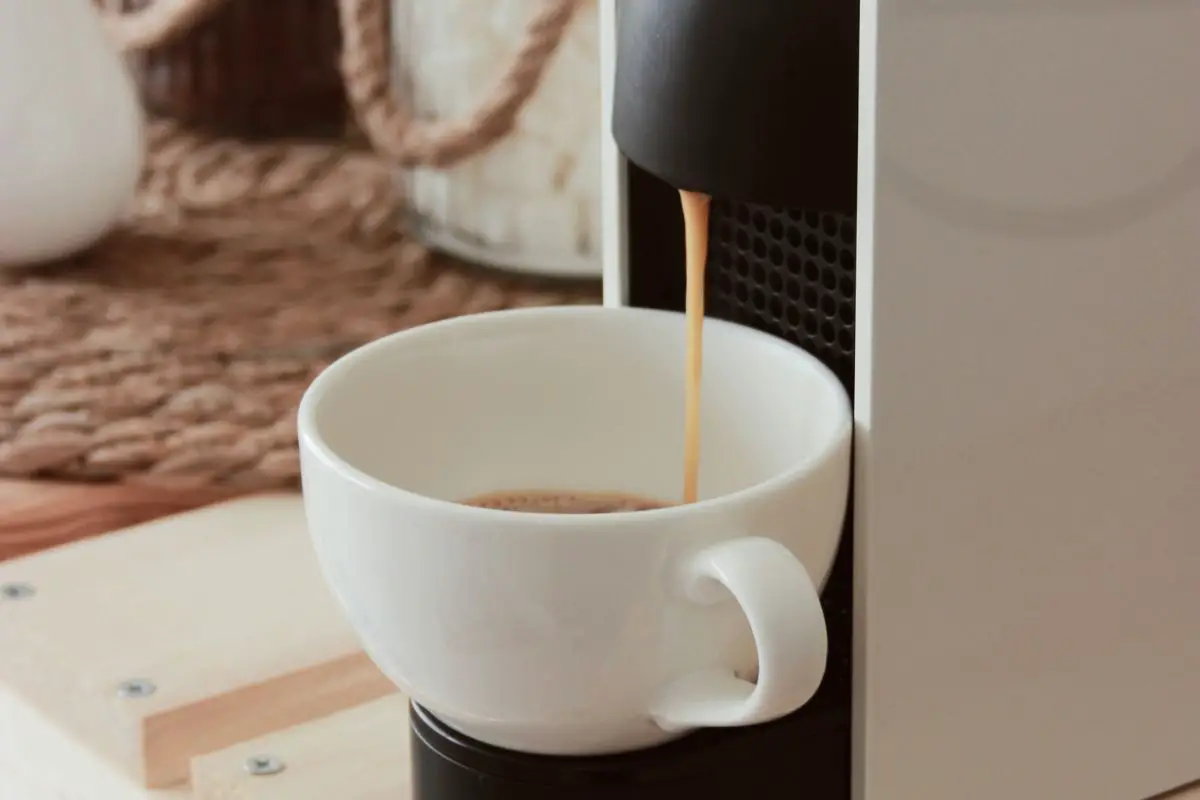
It’s a no-brainer that you can use coffee beans to brew your coffee beverages. To do this, you’ll need the following things
- boiling water
- small saucepan/pot
- 1-pint glass jar
- spoon
- mug
- strainer
- whole bean coffee
Start by putting ¾ cup of coffee beans into the jar, then fill it with hot water. Afterwards, put the jar into a pot and fill the pot with water levelling up with the jar. Boil the water in the pot along with its content. After about half an hour, stir the beans in the jar.
After an hour, pour the coffee water in the jar into a strainer mounted on a mug. There you have your coffee. Dilute further with hot water if it’s too strong and then sweeten to taste based on preferences. This isn’t the only method to brew your coffee. There are other methods you can use.
-
To Fertilise Your Garden
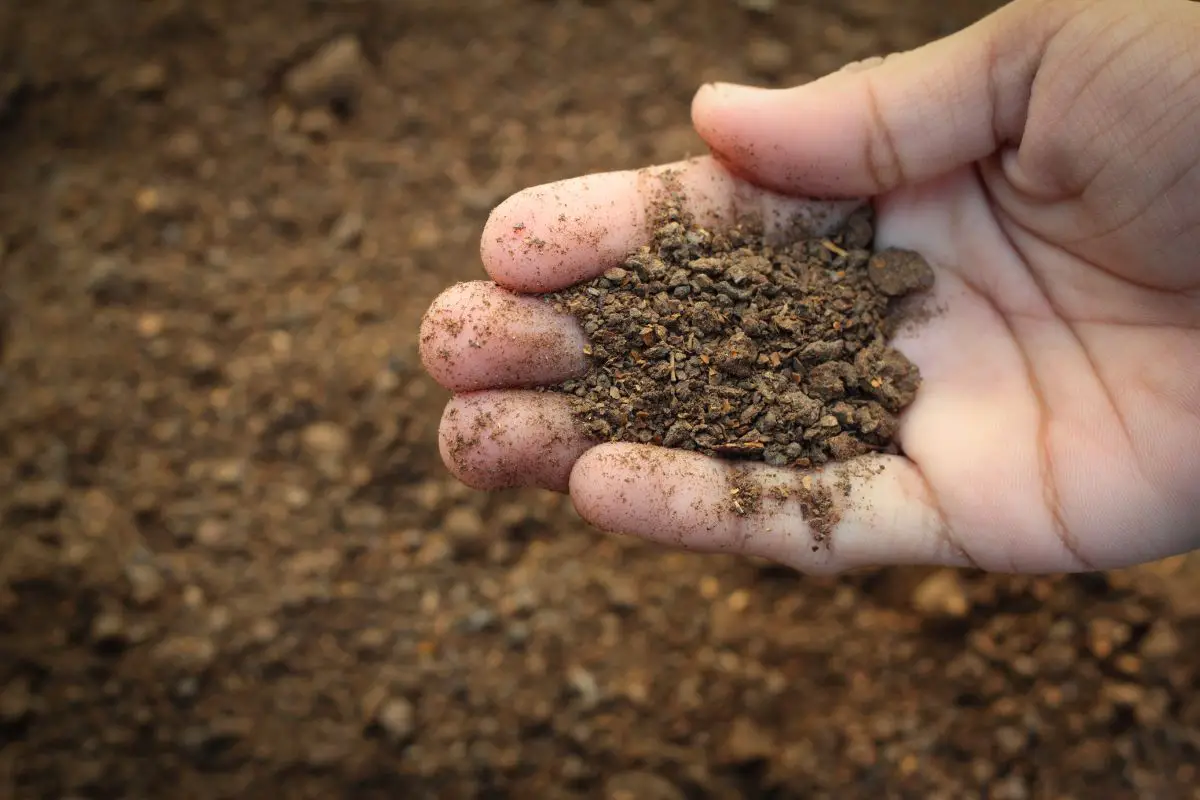
Old or used coffee beans can be ground and used to fertilise our soil at home. Coffee grounds contain the following minerals: potassium, nitrogen, iron, calcium, chromium, and some others. These minerals could come in handy when plants deplete the soil’s nutrients.
Coffee grounds also absorb heavy metals that might contaminate the soil. Another feature is the attraction of worms. Combining these features could prove very effective in fertilising your soul and the plants. To use coffee grounds, sprinkle them into our plants’ soil regions.
-
As a Repellant for Insects and Pests
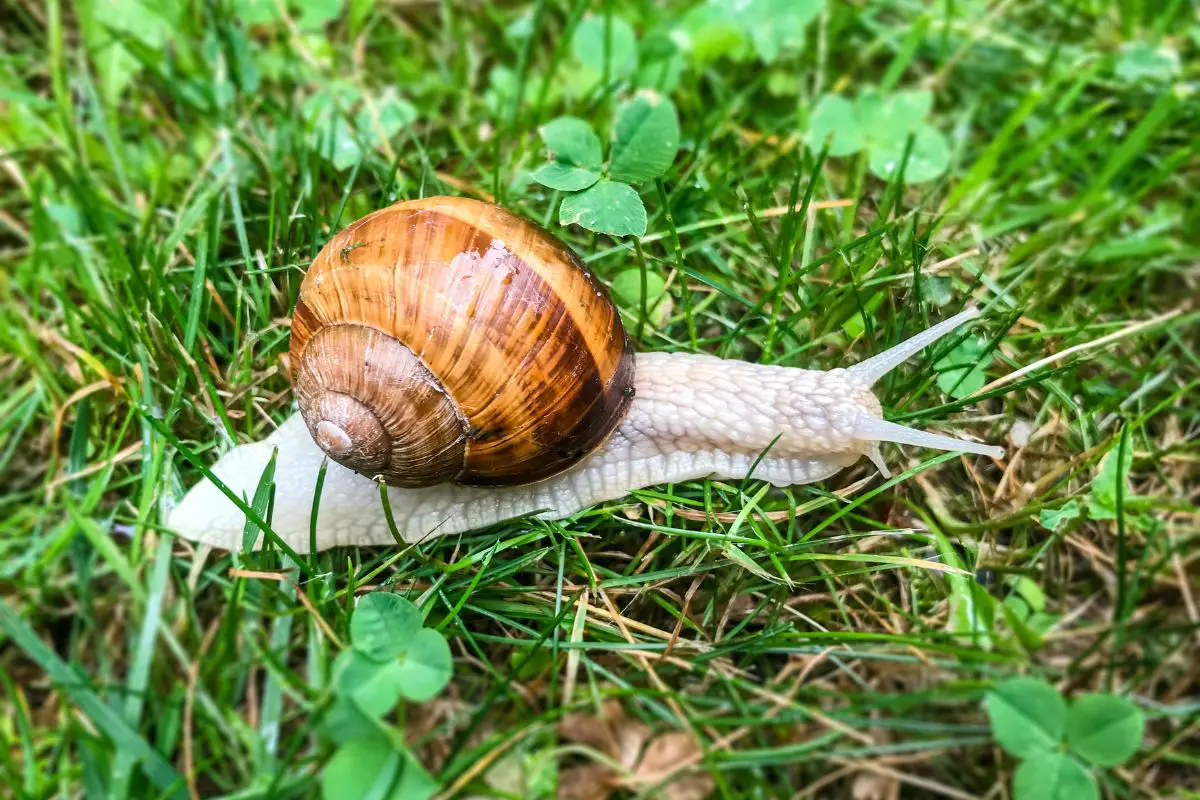
Coffee contains compounds such as caffeine and diterpenes, which are toxic to insects. You can use coffee grounds to repel mosquitoes, fruit flies and beetles. Likewise, applying coffee grounds could keep pests away from your gardens. Slugs and snails, for instance, avoid crawling over it when used as a barrier in gardens. Set an open container of coffee grounds by rest areas or sprinkle the coffee grounds around.
-
To Neutralise Odours
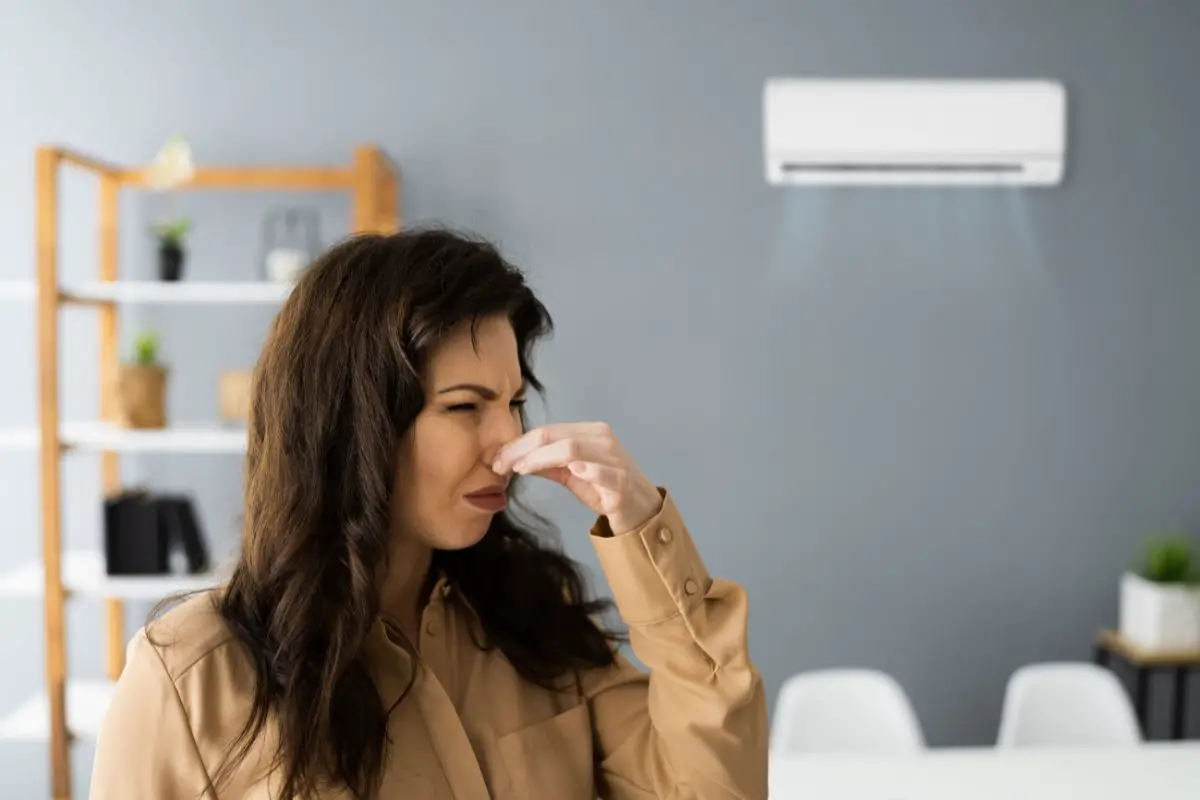
Coffee contains nitrogen that can absorb sulphur gas odours when combined with carbon. Coffee grounds from used coffee beans can be used at home to eliminate odours from the freezers, socks, shoes, bags, drawers, bedrooms and even cars. Keep some coffee grounds by the sink; you could also use them to get garlic or onion smells off your hands.
Check out other uses of coffee beans to know more about how to use your old or used coffee beans around the house.
Things to Avoid Doing With Coffee Beans
There are certain things you should not do with coffee beans.
- Do not eat coffee beans excessively. It’s not new that sometimes people eat coffee beans to get the energy jolt faster than from coffee beverages. While it is safe to eat, it should be done in moderation and not excessively. Coffee beans have more concentration than a coffee beverage. Therefore the side effects might be severe if abused.
- Keep coffee beans and coffee grounds away from pets. Pets have a weaker immunity toward coffee. It could prove lethal, causing side effects and poisoning. Keep your dogs and cats from consuming coffee beans or grounds.
- Do not mix drugs with coffee. While this is more about the beverage, it should be known nevertheless. Do not mix or use certain medications with coffee or other caffeinated products, as the effects could be disastrous. Avoid drinking coffee: Ephedrine, antidiabetics, Theophylline, Phenothiazine, Anticoagulant drugs, Tricyclic antidepressants, Contraceptive drugs, and Asthma meds.
Conclusion
Coffee beans could be very useful when you know the many issues they could solve. Likewise, please don’t turn a blind eye to the things to avoid doing when it comes to coffee beans and coffee. Getting quality coffee beans is essential, but consider your preferences in all situations. For instance, coffee Robusta is said to be more bitter than Arabica. Despite the quality difference, some might prefer Robusta to Arabica. Be sure to use what you’ve gained here when considering how to use coffee beans.